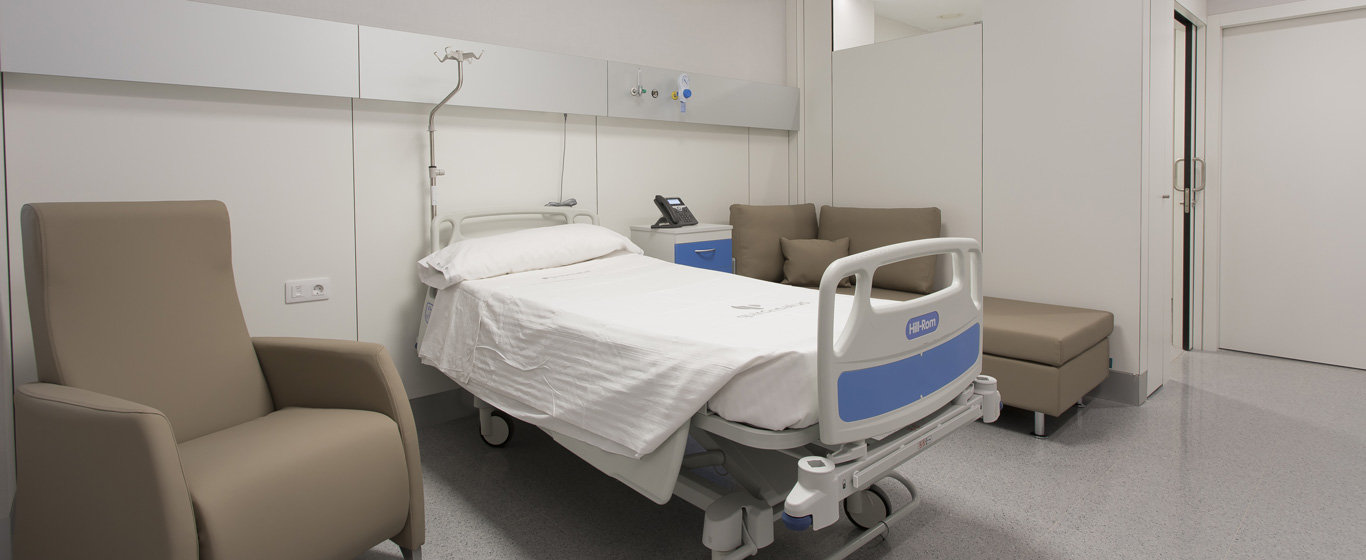Gastroesophageal Reflux (GERD)
Information about the causes, symptoms, and recommended diet to prevent stomach contents from flowing back into the esophagus.
Symptoms and Causes
Gastroesophageal reflux is a disorder in which the stomach contents repeatedly flow back into the esophagus, although some individuals may experience occasional acid reflux without major complications.
In healthy individuals, the lower esophageal sphincter (LES) prevents stomach contents from moving upward. This muscular ring functions as a valve that closes the passage at the junction between the esophagus and the stomach. When the sphincter fails to function properly, gastroesophageal reflux disease (GERD) develops.
The prognosis of GERD is generally good, as symptoms can often be managed with lifestyle modifications and long-term medical therapy. Only in certain cases is surgical intervention required.
Symptoms
The most characteristic symptoms of gastroesophageal reflux include:
- Heartburn rising from the stomach to the throat. This burning sensation worsens after meals, when lying down, or when bending forward.
- Hoarseness, laryngeal irritation, or throat soreness caused by laryngeal inflammation.
- Upper abdominal pain.
- Nausea.
- Difficulty swallowing (dysphagia).
- Sensation of a lump in the throat (globus sensation).
- Asthma.
- Nighttime cough.
- Shortness of breath.
- Hiccups.
Causes
Gastroesophageal reflux occurs when the lower esophageal sphincter becomes weakened or relaxes at inappropriate times, allowing stomach acid to flow backward into the esophagus.
Risk Factors
The functionality of the lower esophageal sphincter may be impaired by the following factors:
- Obesity.
- Pregnancy.
- Hiatal hernia (an opening in the diaphragm that allows part of the stomach to protrude into the chest).
- Smoking.
- Excessive alcohol consumption.
- Medications: beta-blockers, bronchodilators, sedatives, anticholinergics, antidepressants.
- Foods: spicy foods, citrus fruits, fatty or fried foods, chocolate, coffee, and mint.
Complications
Although rare, complications from gastroesophageal reflux may include:
- Esophagitis: inflammation of the mucosal lining of the esophagus.
- Esophageal ulcer: sores or lesions within the esophagus.
- Esophageal stricture: narrowing of the esophagus caused by scarring, which can make swallowing difficult.
- Barrett’s esophagus: changes in the esophageal lining due to chronic acid exposure, resulting in tissue resembling the intestinal lining. This is a precancerous condition.
- Esophageal cancer: a potential consequence of Barrett’s esophagus.
Prevention
To prevent gastroesophageal reflux, it is recommended to follow these guidelines:
- Avoid large meals.
- Limit high-calorie foods.
- Avoid foods and drinks that trigger acid reflux.
- Chew food thoroughly.
- Wait about two hours after eating before lying down.
- Do not smoke.
- Sleep with the upper body slightly elevated.
- Maintain a healthy weight.
- Engage in regular moderate exercise.
Which Specialist Treats Gastroesophageal Reflux?
Gastroesophageal reflux is diagnosed and treated by specialists in gastroenterology or the digestive system.
Diagnosis
To diagnose gastroesophageal reflux, the following tests are typically performed:
- Medical history: assessment of symptoms, medical background, and lifestyle factors.
- Gastroscopy (endoscopy): visualization of the esophagus to detect inflammation or lesions. This procedure also allows for biopsy sampling to rule out other conditions.
- Esophageal manometry: measures esophageal motility and the function of the lower esophageal sphincter during swallowing.
- X-ray (barium swallow): involves ingesting a contrast solution visible under X-rays to evaluate how it moves down to the stomach and whether reflux occurs.
- pH monitoring: a probe is inserted through the nose into the stomach to measure esophageal and gastric acidity over a 24-hour period.
Treatment
Treatment for gastroesophageal reflux depends on the severity of symptoms and extent of esophageal damage, and usually follows a stepwise approach:
- Lifestyle modifications: following the preventive measures described above.
- Pharmacological treatment:
- Antacids to neutralize stomach acid.
- H2 receptor blockers or other medications that reduce acid production.
- Proton pump inhibitors (PPIs) to block acid secretion and promote esophageal healing.
- Prokinetics to enhance esophageal motility.
- Fundoplication: a minimally invasive surgical procedure in which the upper part of the stomach is wrapped around the lower esophagus to strengthen the lower esophageal sphincter.

































































































